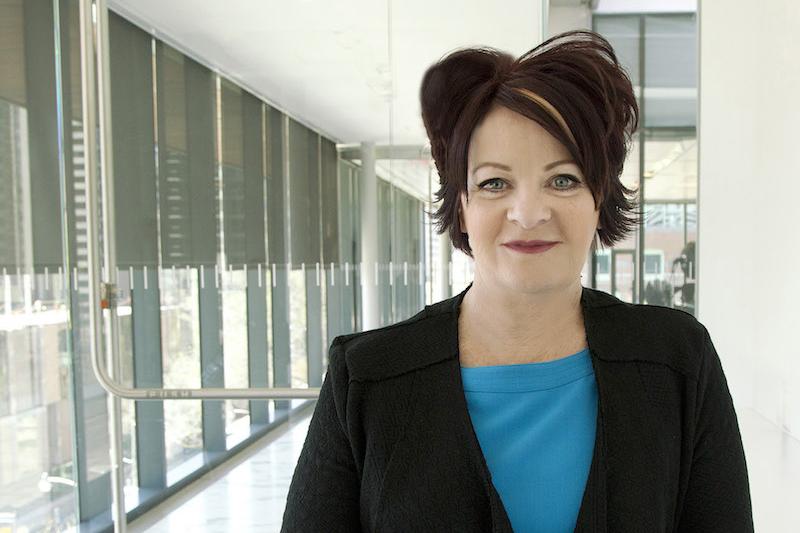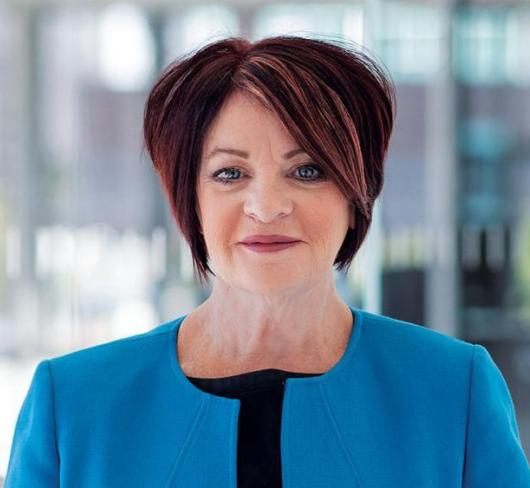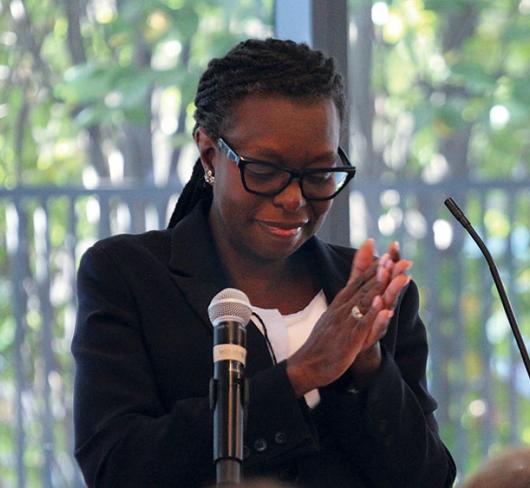
Building an Equitable Future We Can All Believe In
The summer issue of Voice is always our Women’s Issue. It is an opportunity to recognize the achievements of women members, to talk about the value and impact of mentorship and women’s programs and to acknowledge both how far we have come as an organization and an advocate for social change, and how far we have yet to go.
This year has been unprecedented. We had one of the most difficult rounds of bargaining in ETFO’s history, but educators and parents knew that what was at stake was one of the best public education systems in the world and together we were able to stave off many of the drastic cuts. As bargaining was concluding, we experienced the arrival of the COVID-19 pandemic to Ontario, which has required Ontarians to stay home and educators and students to begin emergency distance learning. As ETFO members implemented distance learning strategies, we were concerned for our students and their families. As we all know, many students rely on the supports they receive in school and the relationships they have with their teachers and other educators and their classmates.
This pandemic has also laid bare the way that women and other marginalized groups have been differentially affected by COVID-19. Gender, compounded by intersections of race, ability, status, language, precarity and a host of other factors, determines how we are affected by a crisis and the kinds of resources available to each of us. The pandemic is worsening problems women were facing even before it started, writes Kristina Lunz, co-founder of The Centre for Feminist Foreign Policy. “Crises like this exacerbate already existing structural inequalities in society – when it comes to women’s rights, women’s health and women’s economic status, this is exactly what we are seeing now.”
Women are more often employed in marginal jobs. They tend to earn less money than men do and represent the vast majority of healthcare, child care and elder care workers. According to Statistics Canada, women have seen steeper job losses than men and are more often in part-time work. In May, Statistics Canada reported that 1.5 million women lost their jobs during March and April.
What gives me hope is that while COVID-19 exposes systemic inequities, the global response is showing that anything is possible and that we can co-construct our future by advocating for equity. Right now, governments are addressing some of the structural and systemic inequalities that dictate different outcomes for different people depending on the intersections of their identities. They are prioritizing the needs of people over those of profit or politics. Increases in awareness of inequities in the province have many local communities responding by organizing to support one another. By standing together, by supporting and advocating for one another and for equity, we have the opportunity to create a new normal for Ontario. We can continue to advocate for an Ontario that puts the needs of people first.
When this crisis subsides and the language of austerity and privatization is reintroduced, we will have to fight to protect the gains won for all Ontarians – but particularly those who have been most affected by this crisis. We must be ready to show that Ontario’s economic recovery can only be built on a foundation of strong public services that help address systemic inequities. We must be ready to show that a properly funded high-quality public education system is essential if we are to come out of this crisis together.
– Sharon O’Halloran

